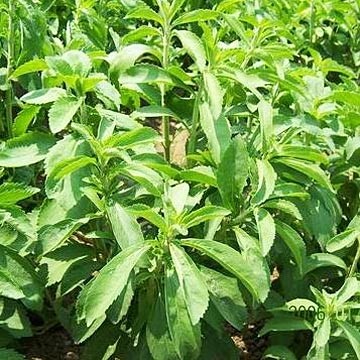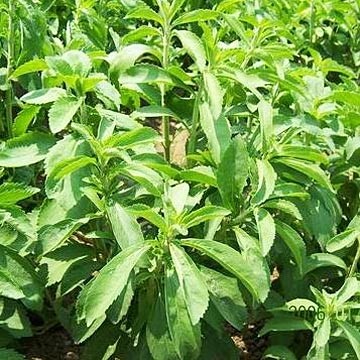Study adds to stevia Reb A safety rep
Lonnie Williams and George Burdock from the Burdock Group report their conclusions in Food and Chemical Toxicology: “These studies provide additional evidence that Reb A is not genotoxic at the doses tested and further support the generally recognized as safe determination of Reb A.”
Interest in the sweetener has been intense, particularly since the FDA issued its non-objection in December that the stevia-derived sweetener Reb A is generally recognized as safe (GRAS) as a food additive.
Differentiation must be made between rebaudiside A and steviol glycosides in general. Rebaudioside A, also known as Reb A and rebiana, is a high-intensity sweetener derived from the stevia leaf. It is said to be approximately 200 times sweeter than sugar.
Williams and Burdock tested high purity (over 95 per cent) Reb A according to Organization for Economic Co-operation and Development (OECD) and FDA Redbook guidelines for genotoxicity studies.
The study supports findings from published in the same journal last year (Food and Chemical Toxicology, July 2008, Vol. 46, Supplement 1, Pages S1-S92), which found that rebiana - a high-purity Rebaudioside A from stevia - is safe for use as a sweetener for foods and beverages.
An overview in the journal’s supplement by scientists from Coca-Cola, Cargill, and an independent toxicologist said that the studies found the ingredient met all current JEFCA (Joint FAO/WHO Expert Committee on Food Additives) specifications for steviol glycosides.
“The due diligence of the rebiana scientific program reported in this Supplement reflects a commitment by industry partners to, at long last, fully address regulatory requirements for this naturally occurring sweetener by providing the scientific basis to conclude high purity rebaudioside A (rebiana), produced under current GMP to food-grade standards, is safe and appropriate for introduction into the global marketplace,” they concluded.
The FDA issued letters of no objection to GRAS (generally recognized as safe) status for stevia-based Reb A at 95 percent purity or above in December.
Burdock data
According to tests using Salmonella typhimurium, Escherichia coli, mouse lymphoma and Chinese Hamster V79 cells the sweetener was non-mutagenic. Further studies using bone marrow from mice showed that Reb A was non-genotoxic at doses up 750 mg per kg of body weight. In a DNA synthesis test in rats the sweetener was found to be safe up to a dose of 2000 mg per kg of body weight.
“The results of the studies described in this manuscript are in agreement with the conclusion of the Joint FAO/WHO Expert Committee on Food Additives (JECFA), which conducted a comprehensive review of the available genotoxicity data on steviol and steviol glycosides,” wrote Williams and Burdock.
“Therefore, based on the totality of evidence, including our empirical observations presented herein and reports in the scientific literature, we have concluded that rebaudioside A is non-genotoxic. Further, these findings support the generally recognized as safe status of rebaudioside A,” they concluded.
Source: Food and Chemical Toxicology Published online ahead of print, doi: 10.1016/j.fct.2009.04.046“Genotoxicity studies on a high-purity rebaudioside A preparation” Authors: L.D. Williams, G.A. Burdock























